In the moment of natural disasters testing people's hearts, we once again witness the shining of a value that has become a red thread throughout the nation's history: the spirit of "the whole leaves cover the torn leaves".
For thousands of years, Vietnamese people have known how to rely on each other to survive. From mountainous villages to stormy coastal areas, from fertile plains to poor rural areas, the spirit of solidarity and mutual love has always been a solid foundation whenever difficulties arise.
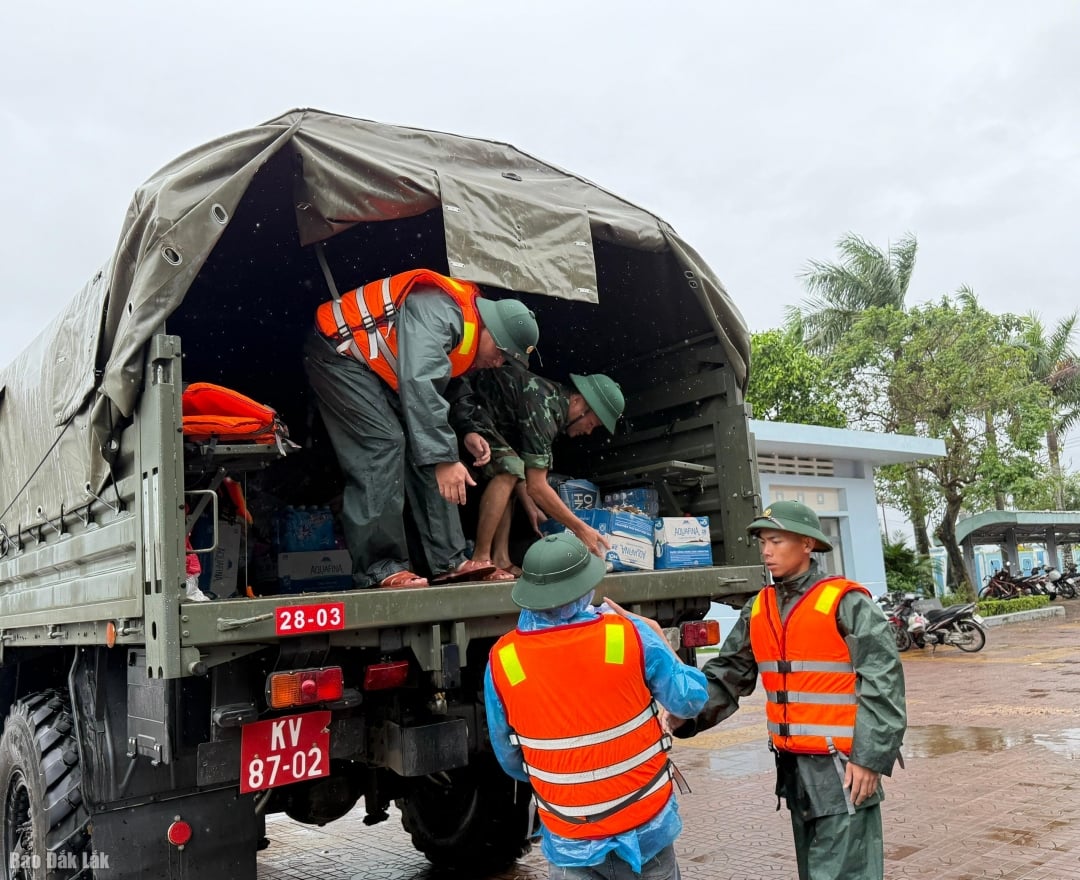 |
| The people's support forces have been working tirelessly. |
Within just a few days of hearing the news that the eastern Dak Lak region was struggling with floods, volunteer convoys from all over the country rushed to the flood-hit areas. Boxes of instant noodles, dry food, bottles of drinking water, bags of clothes, medicines, etc. were collected with all their hearts.
Community groups on social networks are constantly active; some contribute labor, some contribute money, some contribute words. Philanthropists, regardless of wealth, age, or hometown, have joined together to turn their hearts to the flood center of the Central region.
That is a precious and admirable gesture. It is a natural sentiment, the identity of the Vietnamese people. In this country, when one place is in trouble, many places share. When one person falls, thousands of people extend their hands to help. That strength does not come from any administrative order, but from volunteerism, from the heart and the deep love of compatriots.
However, it is also necessary to clearly recognize a reality: the spirit of “helping each other” does not mean that Party committees and authorities at all levels stand aside or rely entirely on the people’s help. When natural disasters occur, the political system, from the province to the commune and village, is the core force to ensure organization, timeliness and synchronization in response and overcoming consequences.
People can contribute their feelings, efforts and hearts; but the State must ensure planning, resources and coordination so that all resources are used effectively and go to the right place.
And in reality, in the eastern localities of Dak Lak in recent days, political and social organizations, local authorities, the army, police, etc. have been working tirelessly.
In the raging floodwaters, soldiers and policemen waded through the water to evacuate people from house to house. Soldiers were drenched in the rain, urgently transporting food supplies.
The militia and self-defense forces were on duty all night to check key points and be ready to assist. Commune and village officials, even though their houses were flooded, still ran around to count the damage, report the situation, and guide people to evacuate.
Along with that, Party committees at all levels urgently directed the implementation of remedial measures to ensure the safety of people's lives and property.
People's Committees at all levels activated the entire disaster prevention system, mobilized maximum means and forces; and coordinated with organizations to receive and distribute relief goods transparently and to the right beneficiaries.
Those actions are clear evidence of the spirit of responsibility, care, and protection of people in any circumstances, even on the front line, in deep water, in the strongest wind.
The valuable thing is that this involvement is not separate from the people's spirit, but blends and complements each other. When these two resources meet, the strength becomes many times greater.
There is also something that needs to be clarified about the method of receiving and giving gifts for charity trips of individuals, organizations, and businesses from far away when coming to flood victims, often with the mentality of having to go to the place and hand them to the people to feel secure. However, due to lack of information, lack of organization, not knowing the way..., many problems have occurred.
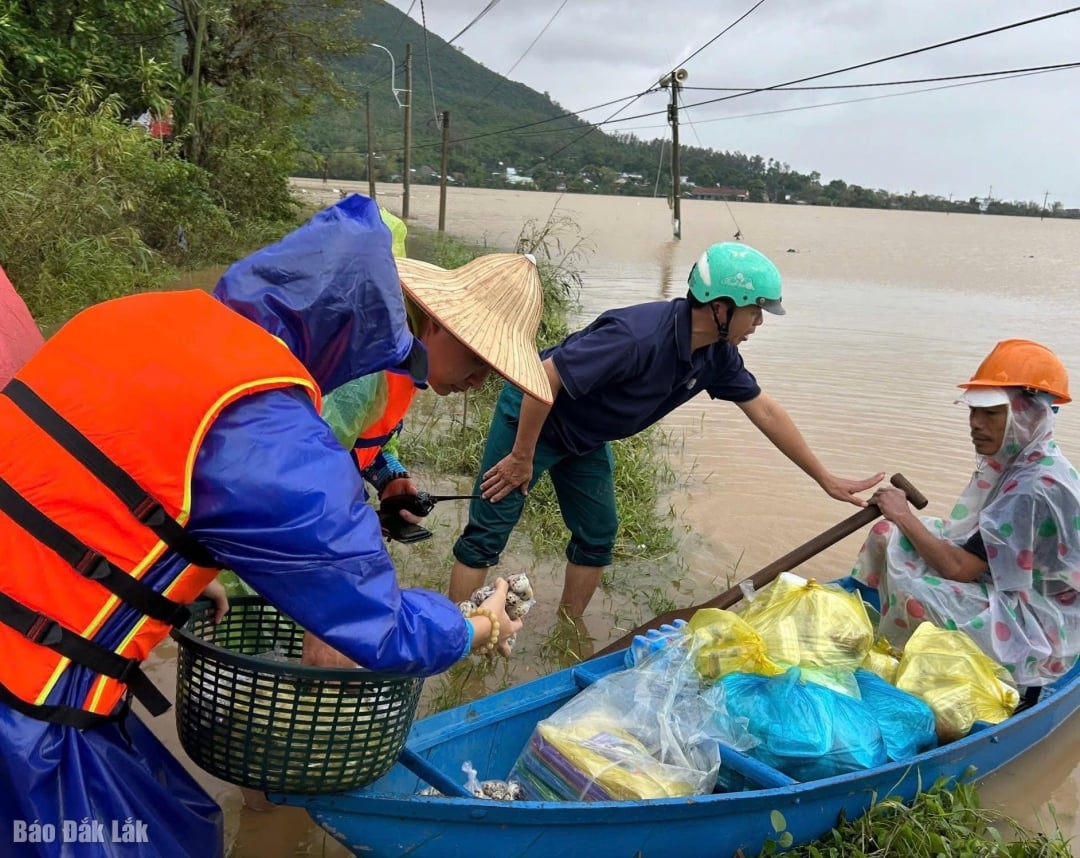 |
| Relief gifts reach the right people at the right time. |
At this time, the Provincial Vietnam Fatherland Front Committee is the agency that receives all support and donations from organizations and individuals, and then distributes them to localities in a reasonable manner.
Local authorities and social organizations continue to organize, allocate, and give gifts to the right places and people, so that people can receive the gifts quickly, promptly, and most meaningfully...
"The strong help the weak" is a moral principle, but it also requires a scientific and strict approach to the organization of the local government system.
Spontaneous relief, without coordination, can easily lead to duplication, waste or omission of households in remote areas. The government is the bridge to turn the hearts of millions of people into resources at the right time, in the right place, and according to needs.
Or the donors can deliver the gifts themselves but need to inform the local authorities to get information support, take them to the most urgent places, and at the same time send support forces, guide the way, ensure the gifts are delivered safely, to the right place, and to the right people.
When the disaster passes, the responsibility of the political system becomes even heavier. It is the responsibility to restore production, repair infrastructure, and support people to rebuild their lives.
These are jobs that require long-term planning, close management and strategic vision, things that volunteerism, while valuable, cannot replace.
Looking at the flood-hit area at this time, we see a picture of many colors: There is loss, there is pain, but also full of humanity, full of strong bonds that only in difficulty can we see their full value.
Natural disasters can sweep away houses and crops, but nothing can sweep away the fine traditions of the Vietnamese people, the tradition of helping and sharing.
Source: https://baodaklak.vn/thoi-su/khac-phuc-hau-qua-mua-lu/202511/nghia-dong-bao-giua-nhung-ngay-mua-lu-2aa17dd/


![[Photo] Next to the "mountain of trash" after the flood, Tuy Hoa residents strive to rebuild their lives](/_next/image?url=https%3A%2F%2Fvphoto.vietnam.vn%2Fthumb%2F1200x675%2Fvietnam%2Fresource%2FIMAGE%2F2025%2F11%2F24%2F1763951389752_image-1-jpg.webp&w=3840&q=75)





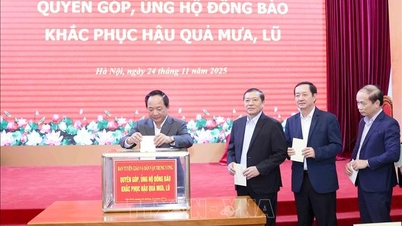

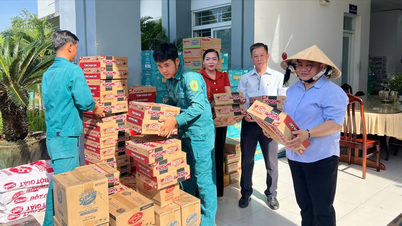

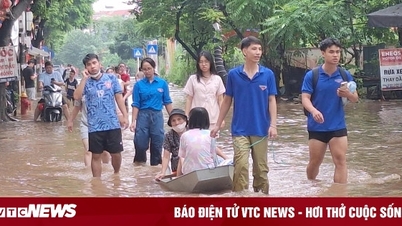

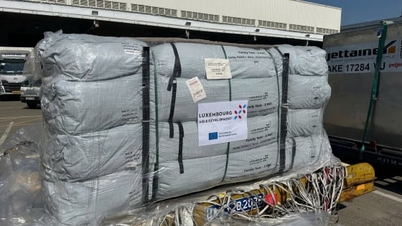

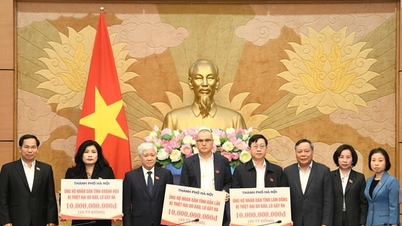

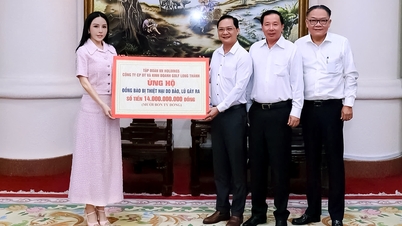

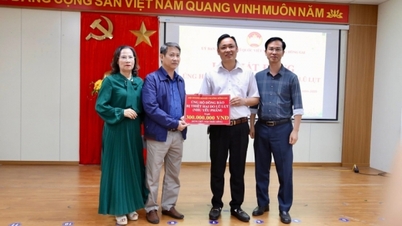

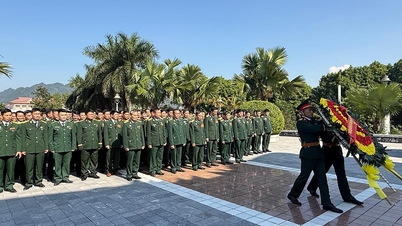

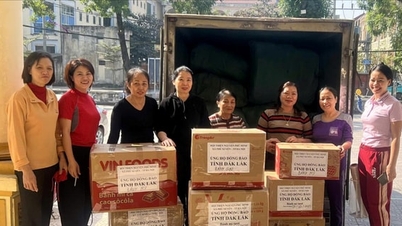
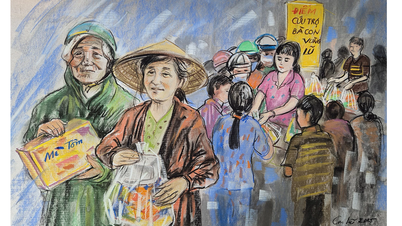


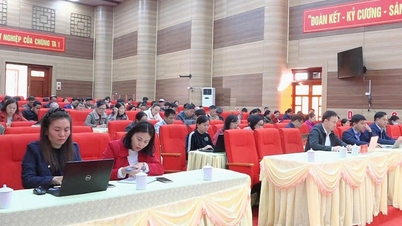




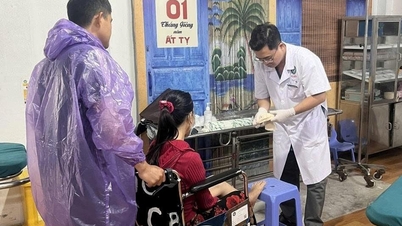
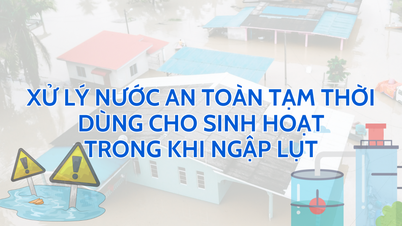
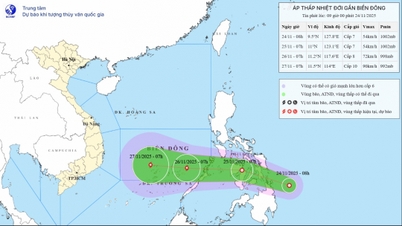
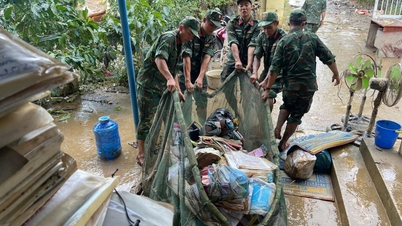
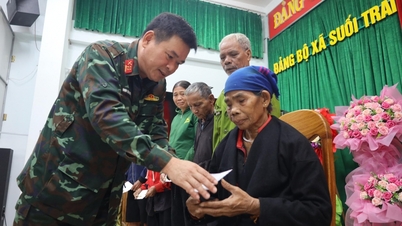
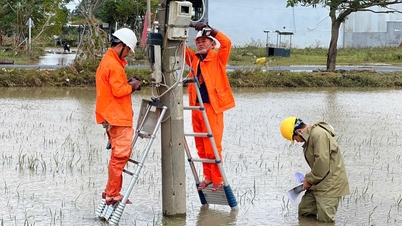



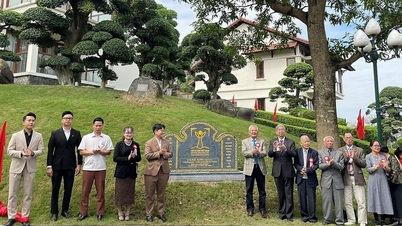

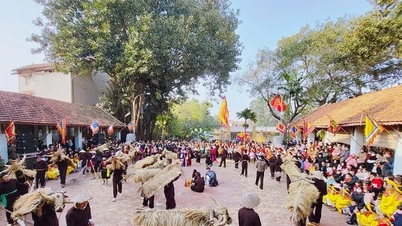

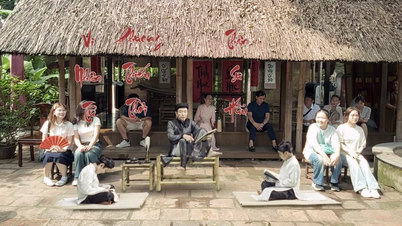

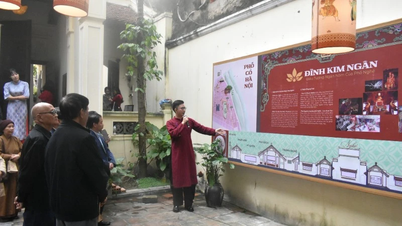







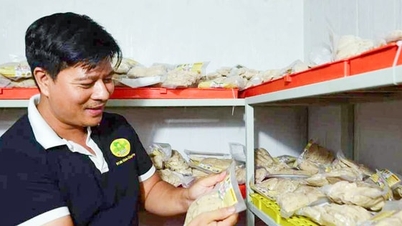




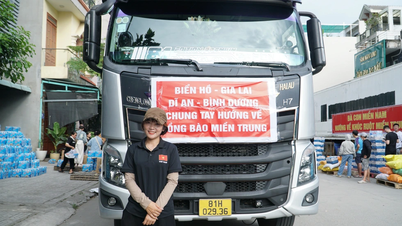



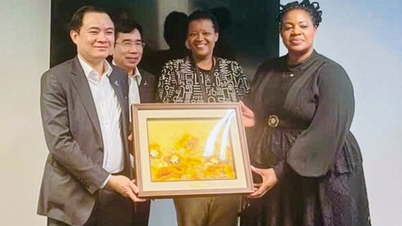
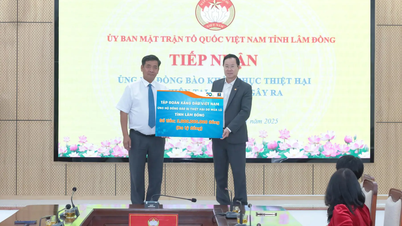


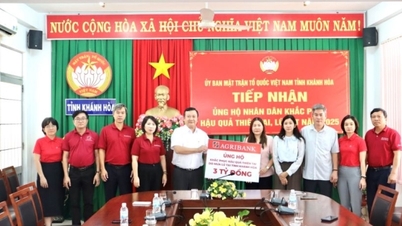







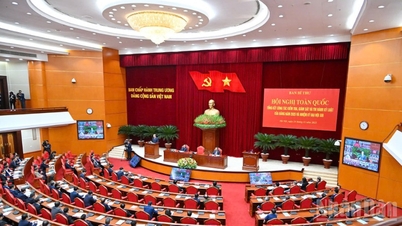

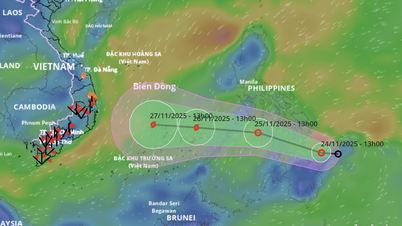


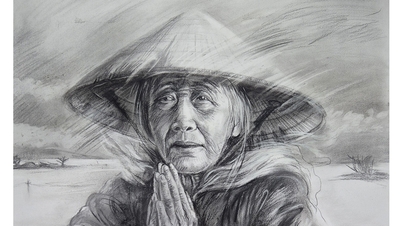
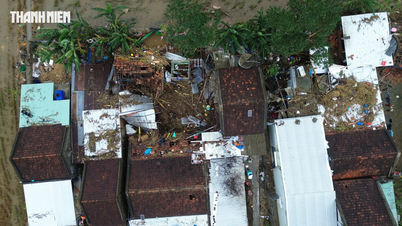


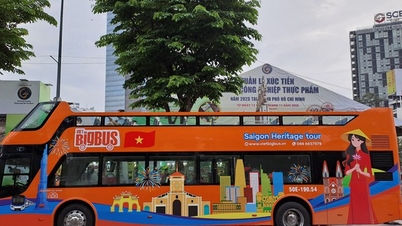

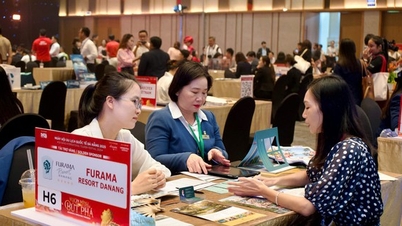
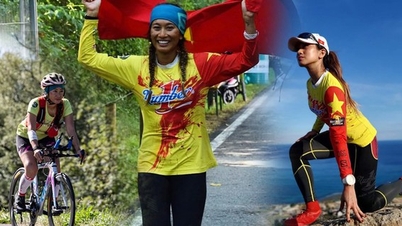
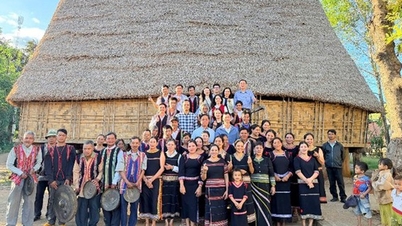
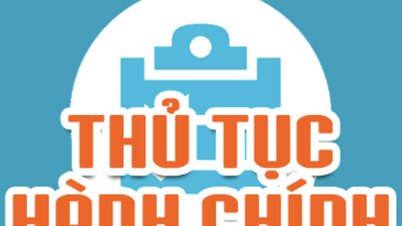
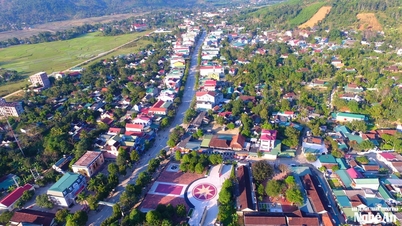
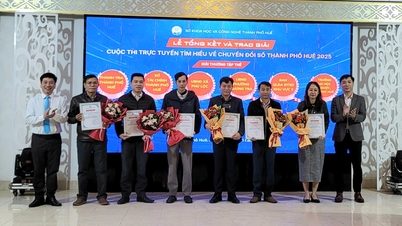

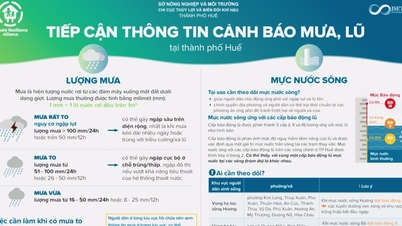
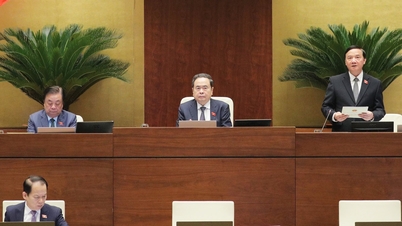
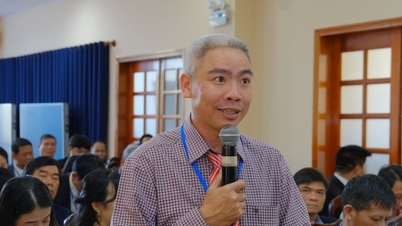














Comment (0)